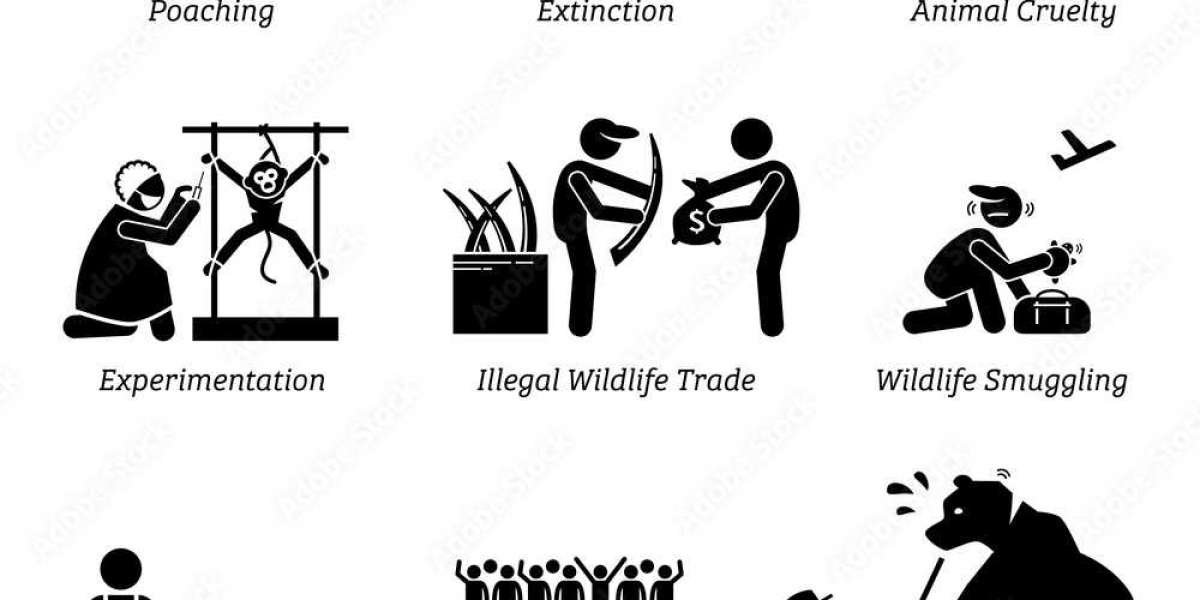Deforestation and the meat industry are interlinked in a complex and significant way. The relentless demand for meat products, driven by an increasing global population and changing dietary habits, has led to extensive deforestation worldwide. The consequences of this interconnection are alarming and require urgent attention.
The meat industry is a major contributor to deforestation. To meet the growing demand for meat, vast areas of forests are cleared to make way for livestock farming and the cultivation of animal feed crops, such as soybeans and corn. These deforestation activities have devastating effects on biodiversity, local communities, and the global climate.
It is estimated that the meat industry is responsible for 80% of the deforestation in the Amazon rainforest alone. Large portions of forestland are transformed into pastures for cattle grazing or are converted into crop fields to grow animal feed. This destruction of forests disrupts delicate ecosystems, displaces indigenous communities, and releases immense amounts of carbon dioxide into the atmosphere.
The destruction of forests for the meat industry also leads to the loss of crucial biodiversity hotspots. Forests are home to countless species, many of which are still undiscovered. Deforestation disrupts their habitats and pushes them towards extinction. This loss of biodiversity not only threatens the survival of countless species but also disrupts the balance of entire ecosystems on which we all depend.
Moreover, deforestation in the meat industry contributes to climate change. Forests act as carbon sinks, absorbing carbon dioxide from the atmosphere and storing it within their trees and vegetation. When forests are cleared, this stored carbon is released back into the atmosphere, exacerbating the greenhouse effect and global warming. It is estimated that deforestation for the meat industry accounts for 14% of global greenhouse gas emissions, making it one of the largest contributors to climate change.
The meat industry's reliance on animal feed crops further intensifies deforestation. The cultivation of crops like soybeans and corn requires extensive land, often leading to the destruction of forests and other natural habitats. This conversion of land for feed crop production not only contributes to deforestation but also depletes valuable water resources and uses large quantities of chemical fertilizers and pesticides, further harming the environment.
While the interconnection between deforestation and the meat industry is undeniable, solutions can be implemented to address this critical issue. Encouraging sustainable and responsible farming practices that prioritize forest conservation is essential. Promoting agroecology, which combines sustainable agriculture with natural resource management, can help reduce deforestation linked to the meat industry.
Additionally, transitioning towards plant-based diets or reducing meat consumption can significantly reduce the demand for meat and, consequently, deforestation. Embracing vegetarian or vegan choices, even if on a part-time basis, can have a positive impact on the environment and help mitigate deforestation caused by the meat industry.
Furthermore, supporting and engaging in reforestation efforts is crucial. Restoring and protecting forests not only helps combat deforestation but also contributes to biodiversity conservation, climate change mitigation, and the well-being of local communities.
In conclusion, the interconnection between deforestation and the meat industry is undeniable. The meat industry's demand for land and feed crops drives extensive deforestation, leading to devastating consequences for the environment, biodiversity, and climate change. Urgent action is needed to promote sustainable farming practices, reduce meat consumption, and support reforestation efforts to address this pressing issue before it is too late.
https://yruz.one/blogs/168001/Milked-Dry-Shedding-Light-on-Dairy-Industry-Animal-Cruelty |








